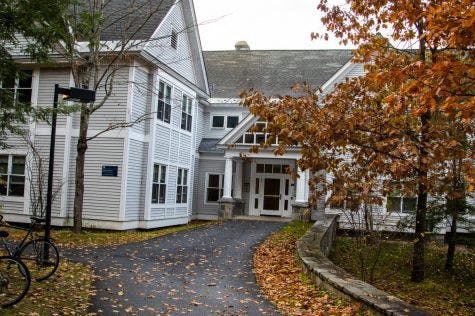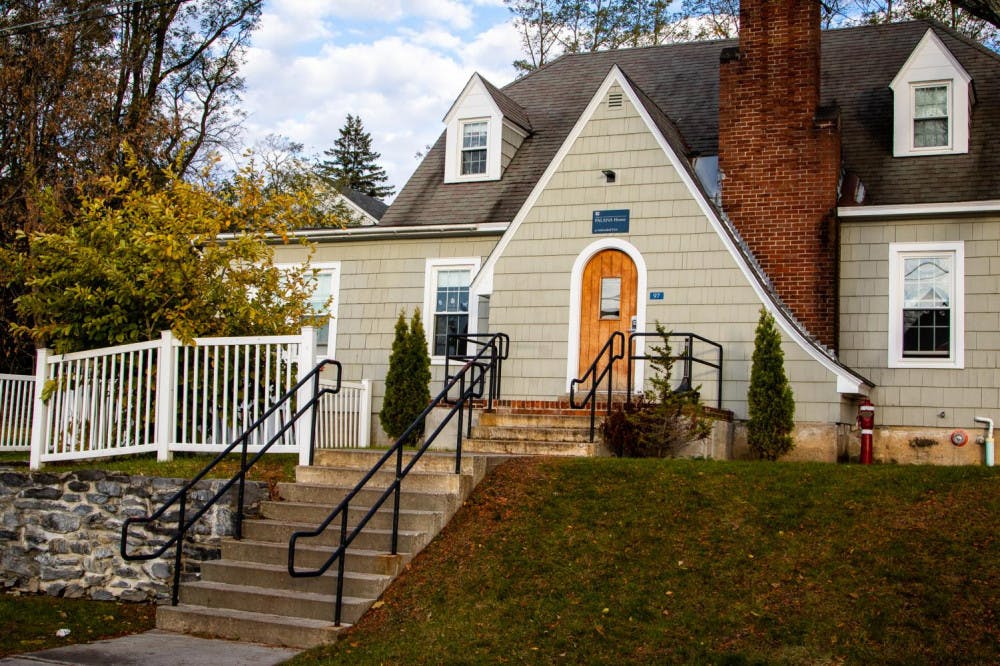Palmer House will become the new location of PALANA, the Pan-African, Latinx, Asian and Native American intercultural academic interest house. After gaining approval from the Community Council, the redesignation will happen in time for the 2019-20 school year.
Students involved hope that this transition will bring added support to students of color while simultaneously engaging the rest of the campus and providing a platform for dialogue.
“PALANA is about fostering diversity in all of its different forms,” said Lynn Travnikova ’20, Community Council’s student co-chair. By prioritizing a space for diversity and inclusion, PALANA hopes to do just that.
Part of the motivation for this change is that PALANA’s current home, located at 97 Adirondack View, has room for fewer than 10 people. This space can at times come across as inaccessible to the larger and whiter Middlebury community, according to Karla Nunez ’19, who first thought of relocating PALANA to Palmer.
“Previous ideas of PALANA were very much like ‘you’re the other part of the world, the other, non-white part of the world. It seemed a little unclear as to who the house served.’” Nunez said.
She feels that this confusion has limited PALANA’s membership, and hopes that the transition to Palmer’s larger space will foster involvement from a larger, more diverse community. Palmer House was previously a SuperBlock, a one-year opportunity for a group of students to apply to live together under a common interest.
Last year, former Associate Dean of Students Doug Adams prompted students to create an idea for a new social house, and Nunez knew that she wanted to create a larger, more inclusive space for cultural organizations, minorities and conversations about privileges and experiences on campus. In the spring of 2018, Nunez, now Senior Associate Dean of Students Derek Doucet and staff at the Anderson Freeman Resource Center (AFC) started to draft a proposal which was first presented to Community Council at the end of October.

Palmer House
With three large study spaces, Palmer can facilitate regular meetings and events hosted by cultural organizations on campus that often have to vie for use of the AFC.
Nunez also wanted to make social experiences at Middlebury more accessible to people of color, and hopes that the reformed vision of PALANA will do this.
“People of color can have more of a say in the social scene on campus,” she said. “The social scene on campus is very much white-dominated, and it feels somewhat exclusive. The only time I ever feel comfortable going to a party at Midd are ones that I throw, ones that my friends throw or Café Con Leche.”
Nunez also emphasized the importance of creating spaces for uncomfortable conversations on campus. She encouraged white students or other students of certain privileges to ask questions and educate themselves on issues of race, gender, sexuality and other factors that often divide Middlebury students.
Co-President of the Acting Board of PALANA Julio Tlachi ’21 hopes to see a change in how conversations about race and privilege are addressed on campus. He hopes that Palmer will act as a space where students can discuss race in a social setting, rather than in an educational context. Additionally, he hopes this will shift the dynamics so that students no longer have to act as representatives or teachers of their race, but rather can have open and honest conversations.
Tlachi’s ideal social interaction between students of different backgrounds? A relaxed movie night at PALANA with enough ramen to go around.
“Let’s just sit down, have a conversation,” he said.
PALANA House Headed to Palmer in 2019

MICHAEL BORENSTEIN
PALANA’s soon-to-be former location at 97 Adirondack View.
PALANA’s soon-to-be former location at 97 Adirondack View.
MICHAEL BORENSTEIN
Comments



